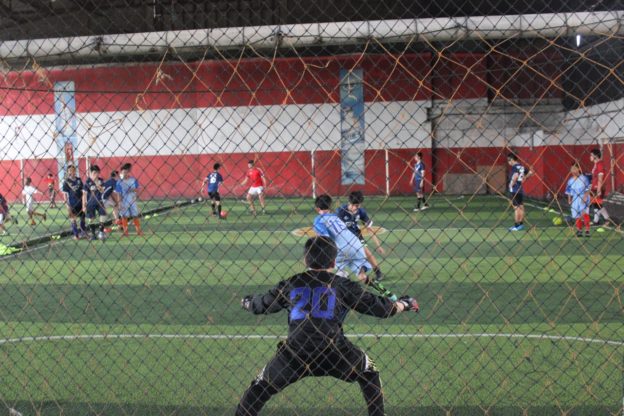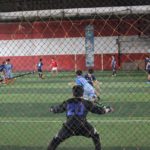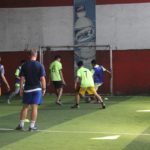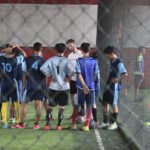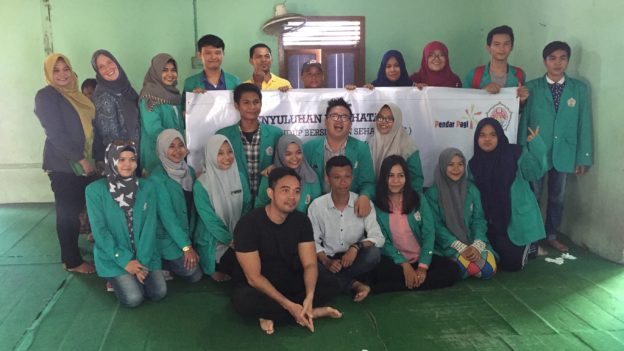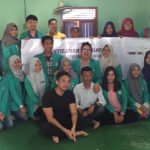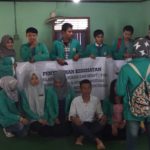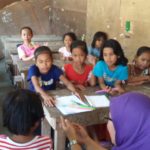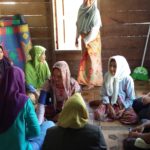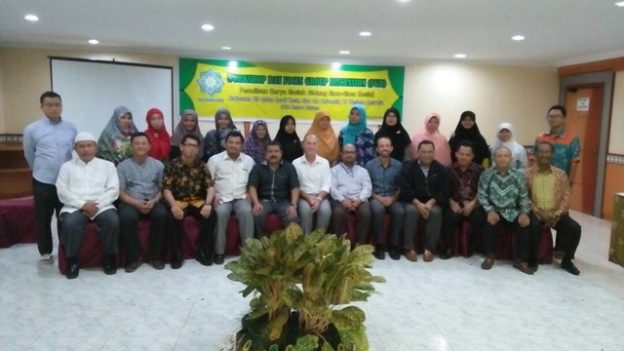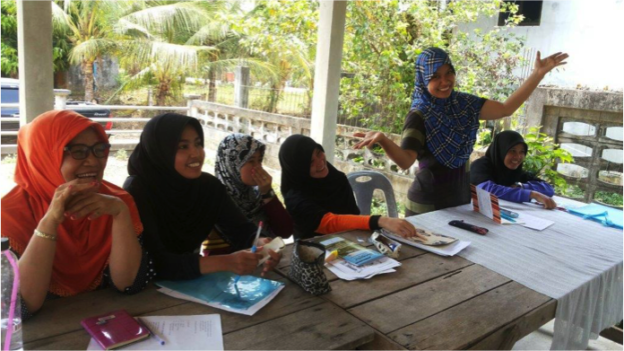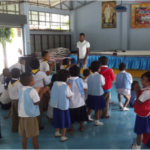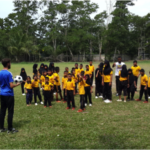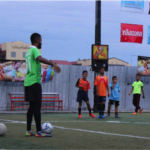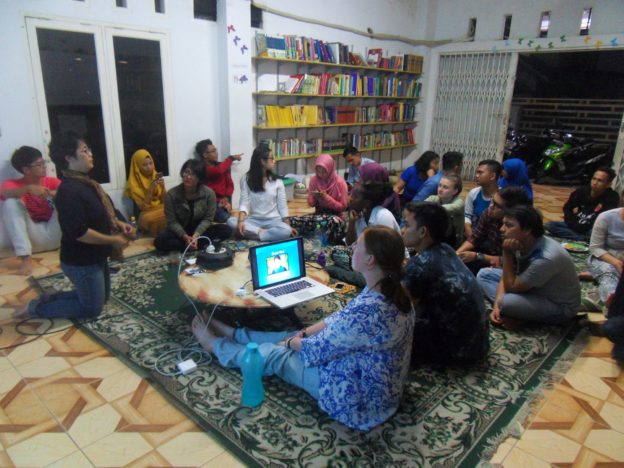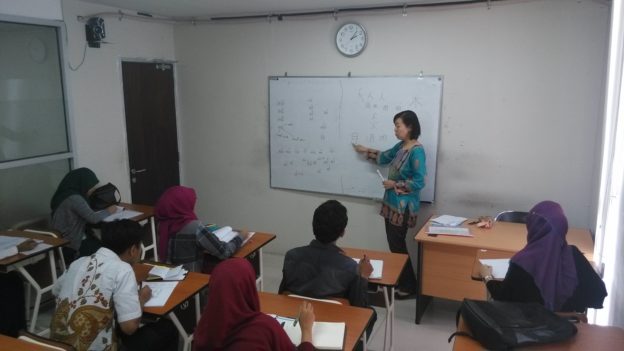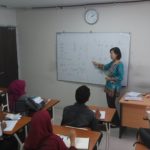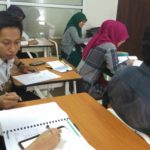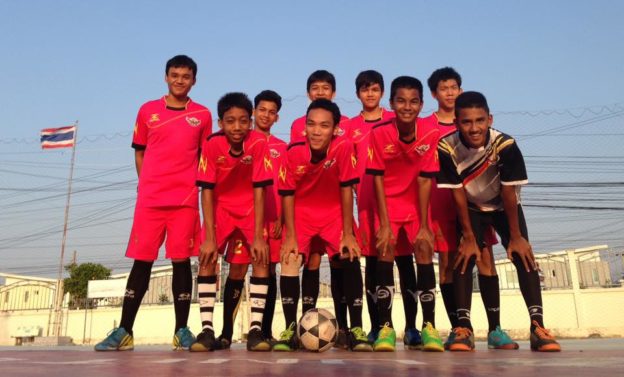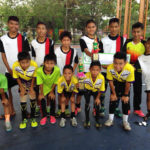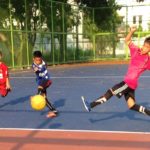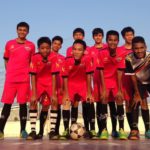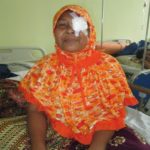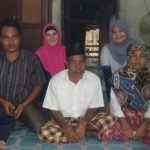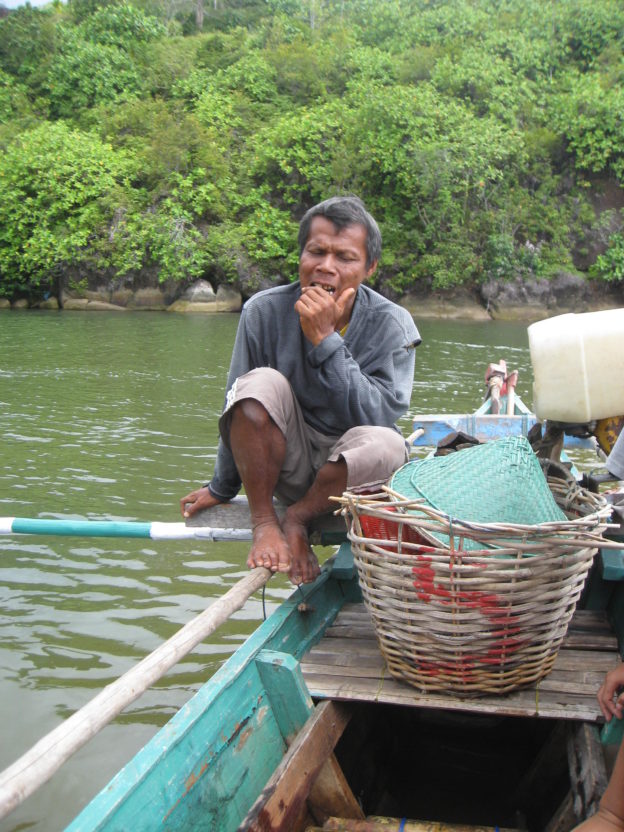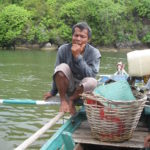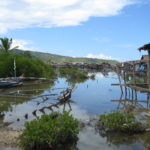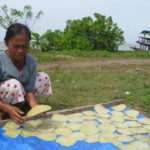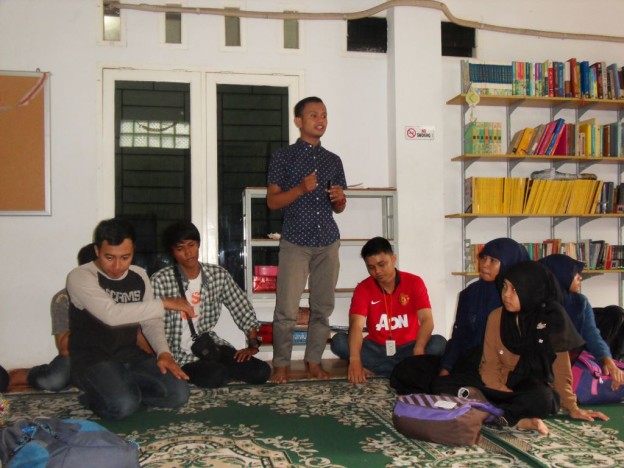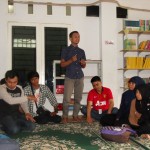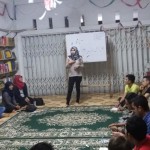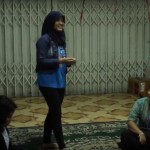In partnership with SEEDS, local charity Yayasan Pendar Pagi runs a community centre in a densely populated inner-city area. One of the projects coming out of this has been a futsal training program for teenagers and young men that has been growing steadily for three years now. A challenge in poorer communities is a lack of constructive activities for young people to engage with, and many bored youngsters experiment with drugs and get involved in gangs. With constricted living spaces, narrow streets, and no communal facilities, many jump at the opportunity to use a futsal court nearby!
Recently one member of the team expressed interest in becoming a coach and was sponsored to attend relevant training. This young man has shown initiative in organising the others and partnering with a local worker to run the group.
This August SEEDs workers facilitated a visit by three football coaches from the UK for an intense two-day coaching opportunity and tournament. 60 participants joined the program run over the Independence Day (Freedom) weekend, including two teams made up from local players. The three visiting coaches brought specific skills and expertise that allowed them to give valuable input to the players, as well as enabling them to encourage and support the local coaches.
Through opportunities like these young people are gaining skills and receiving mentoring, a crucial part of their journey out of poverty. SEEDs workers in this area are supporting local workers to further develop the community centre programs and encourage the engagement of local community members.

